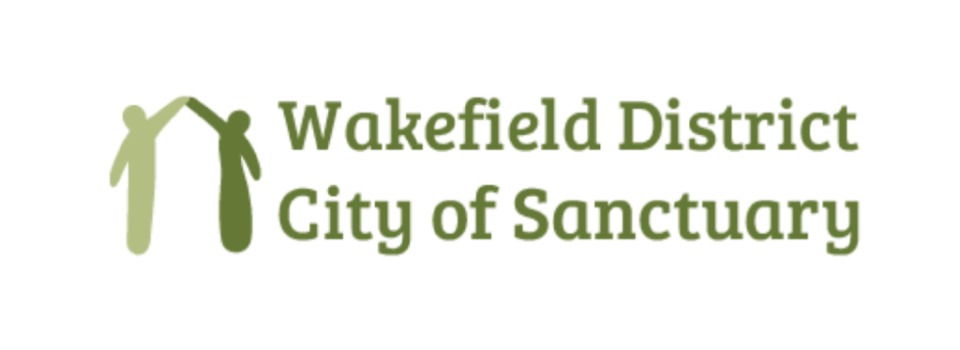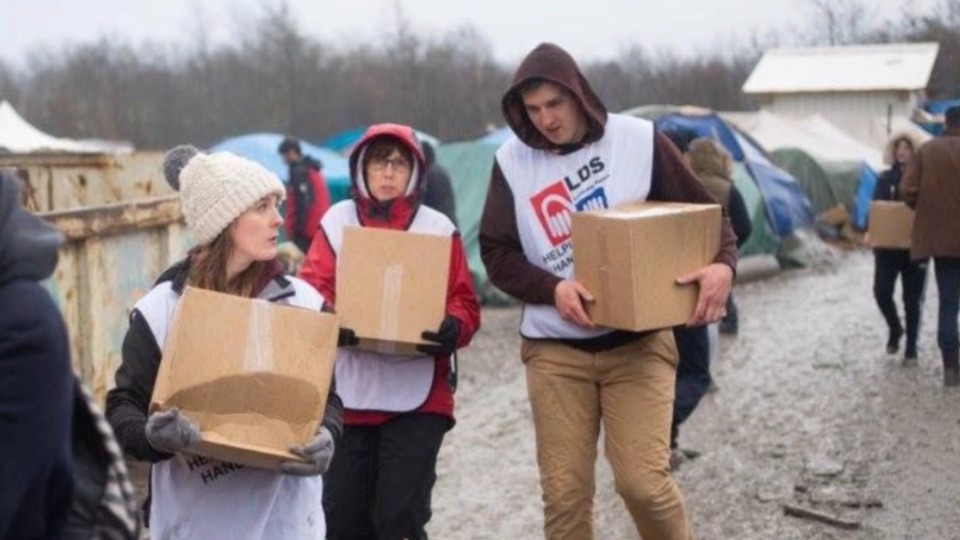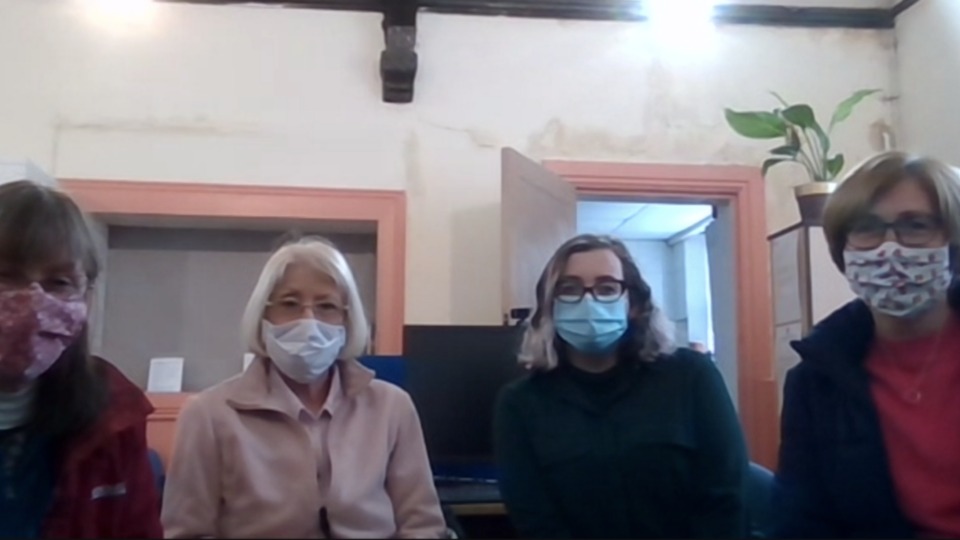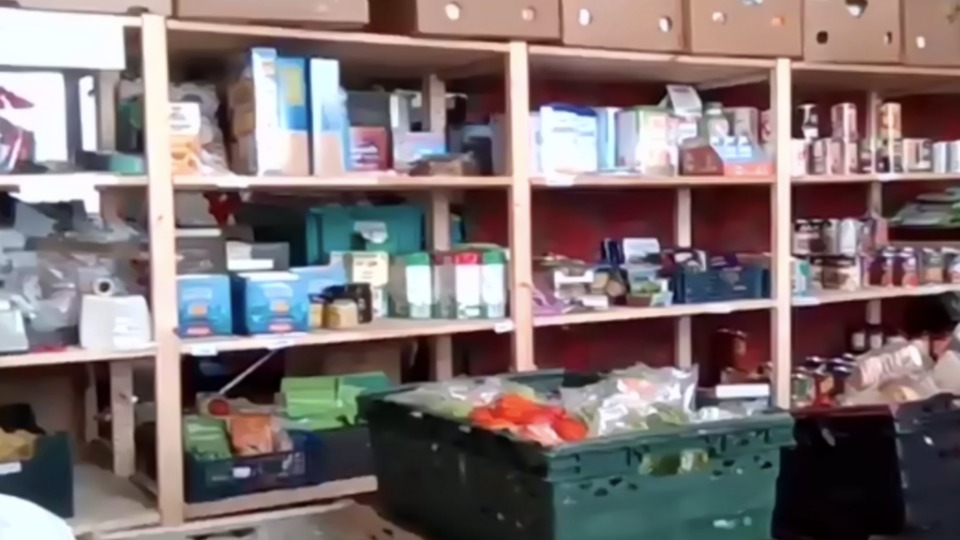WAKEFIELD, England — The heating system at Wakefield District City of Sanctuary in West Yorkshire, England, had failed, but the work did not stop.
Linda Fielding, the sanctuary coordinator, wouldn’t think of it.
Surrounded by boxes of donated supplies, she and the other volunteers donned coats and hats and pressed forward with their cause to support refugees and asylum-seekers.
A grassroots effort to foster unity in the community and create a culture of hospitality, the center — and the volunteers who support it — offer clothing, food and friendship.
“We serve people on the margins of society,” Fielding said. “People who have lost everything — lost their country, lost their family.”

wakefield-dist.jpg
Wakefield District City of Sanctuary in West Yorkshire, England is a grassroots effort to foster unity in the community and create a culture of hospitality. Credit: Wakefield District City of Sanctuary© 2022 by Intellectual Reserve, Inc. All rights reserved.In 2007, when Fielding first learned about the needs, she knew she needed to help, but didn’t know where to start. So she made tea to share. “It went from there,” she said.
Years later, she is still at it, coordinating efforts supported by Alison Boome and Linda Whelan, both of the Huddersfield England Stake.
When Boome first learned of the plight of some refugees, she organized a food drive for local Latter-day Saints, loaded a van, and “trudged through the mud” to personally deliver the goods to refugees in camps in Calais and Dunkirk, France. Then serving as the stake Relief Society president, she left the camps with a determination to continue the cause in England; Wakefield hosts a large accommodation center for refugees and asylum-seekers, many who do not have financial support, shoes or clothing, or food.

Working with Latter-day Saint Charities representatives in the country, Boome received approval and support for an initial project in 2016. As part of that project, they provided an emergency pack, which included new clothing and toiletries, for those coming to the accommodation center. They also provided secondhand clothing. Youth from the stake sorted and packed the kits.
“That was our first project,” Boome said. “As far as we are concerned, that has been a continuous project.”
One such effort included a Latter-day Saint-sponsored baby shower, which gave local Church members the opportunity to donate supplies for new mothers and their infants. “As you are traveling, you can’t prepare for your baby arriving,” Fielding said. “Welcoming the child and accepting the mother is really important. It gives people that sense of hope.”
Another special event took place when Latter-day Saint families met with refugee families at a local park, sharing a meal and forging friendships.
Since those first efforts in 2016, the number of those needing help and support has increased, said Fielding.
Over time, the Wakefield District City of Sanctuary has been in numerous locations, moving four times in two years out of necessity, as available spaces opened up or were needed for other purposes. The women speak of their gratitude and optimism for the building that now houses the charity, a facility owned by the Church of England. In the “humble” setting a “marvelous work” unfolds, said Boome, noting the space houses the food bank and has room to store clothing and toys and to accommodate a few computers to coordinate the efforts. There are places refugees and asylum-seekers can sit and fill out forms.

They will get the heater fixed, they report with enthusiasm, and acquire donations needed to meet all the needs.
These efforts communicate that “everyone is your neighbor,” Boome said. “From a Christian point of view, that is what we have been counseled to do, to love our neighbor.”
People of many faiths and community groups have joined the cause. “It is not a them and us,” Fielding said. “Everyone is doing it together. Everyone is saying, ‘What else can we do.’”
Boome called the collaboration to help others a “beautiful thing.”
It is important for people to realize they can help in different ways, she continued.
Linda Whelan, for example, has been a “stalwart for shopping” for food for the Asylum Seeker Support Fund since the beginning of the pandemic.
Fielding said when supplies were limited, Whelan utilized her network of friends to purchase limited available supplies. She talks about purchasing sugar, rice, tomatoes, oil and chickpeas and supplementing those efforts with potatoes, eggs, corn, carrots and tuna. “We are all working together to support people,” Whelan said.
She still shops every Wednesday — buying supplies and putting together food packets. It is the least she can do, she said. “It is a small thing to go shopping, buy some food and pack some bags,” she said. “It breaks your heart to see the situations people are in.”
It has also helped her forget about her own challenges.

As she sat with the women talking about those they try to serve, Whelan was thinking about her shopping trip that afternoon. “It is small, but it is something I can do,” she said. “Food is a basic need.”
Jennifer Brummitt, the newly appointed clothing store and food bank manager, also volunteers her time. Like Fielding, she got her start with a simple desire to help. So she made the tea.
Her favorite moments include empowering the refugees.
For example, one patron was given a toy he could share with his nephew. “It makes him a lovely uncle,” she said. “It is about sharing joy. … The whole purpose is to give people a feeling of self-worth.”
Brummitt said service has helped her feel more capable as a person, “given her the feeling she is able to make a difference.”
The work, said Boome, has helped define her place in the community and country and to be grateful for all she has.
She has also been grateful to observe the response of local Latter-day Saints. “It doesn’t matter what the need is, we can take that need to our ward, and our ward members respond.”
Pulling her coat tightly around her in the cold building, Fielding agrees. “This is the good life,” she said.